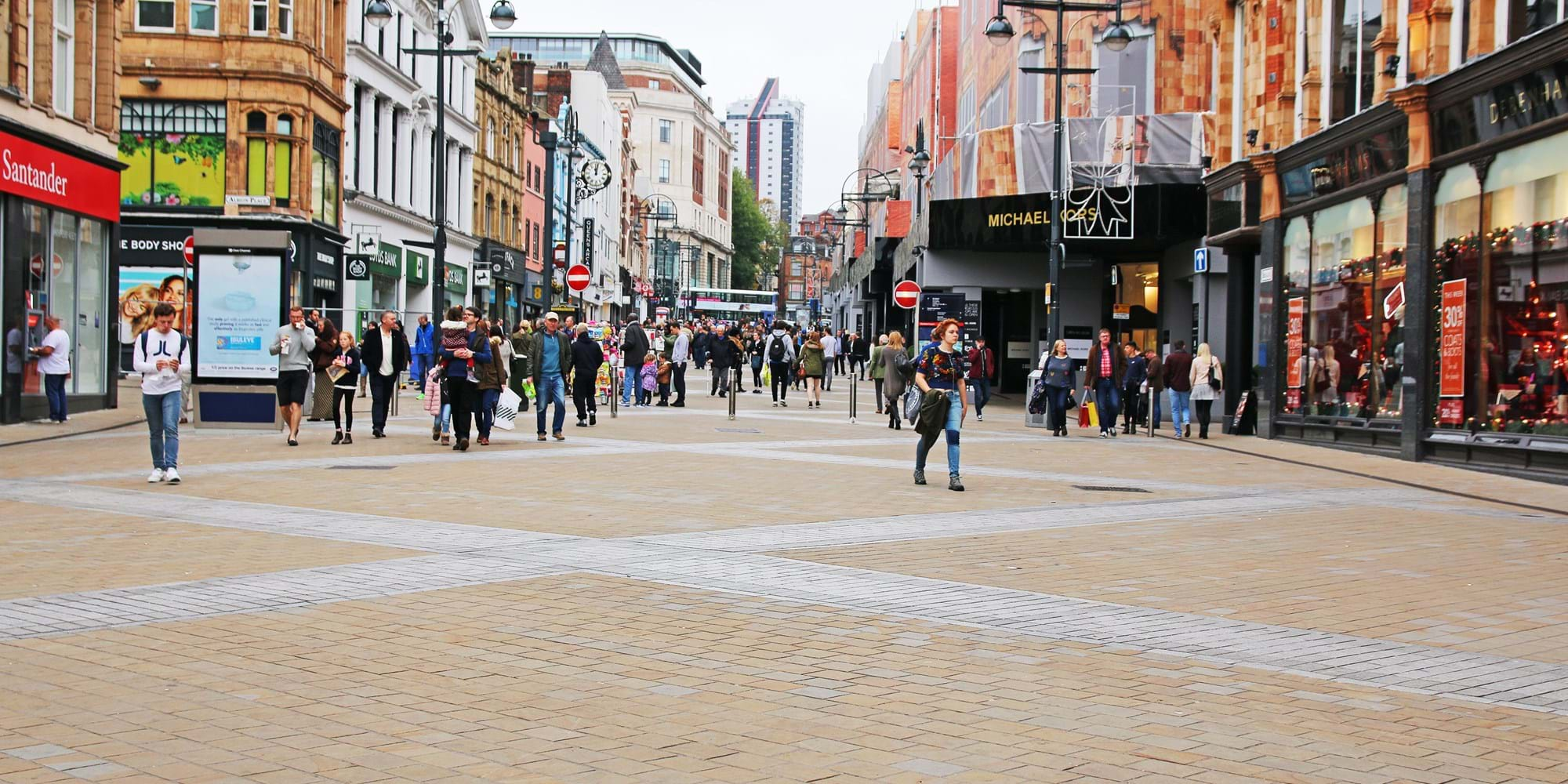How can councils manage their property assets to be match fit for the post-Covid world?
COVID-19 has changed the way that people work, live and shop and proven that millions of people can productively work from home.
The vast majority of recent research suggests that people do not want to go back to the way things were pre-pandemic.
Research into the future of work post-Covid shows a sustained appetite from both employers and employees for hybrid-working – where people spend some of their working week in the office and some at home.
A survey of more than 3,000 people by the University of Strathclyde shows that 78% of respondents said they would prefer to work in the office for two days or less.
While on the employers side, almost all of 50 of the UK’s biggest employers questioned by the BBC have said they do not plan to bring staff back to the office full-time, with 43 of the firms saying they would embrace a mix of home and office working, with staff actively encouraged to work from home two to three days a week.
Covid-19 has led to an unprecedented shift in where people work – from offices to homes and the change is becoming engrained.
The consequences of this are huge.
This shift from office to home inevitably changes where people spend their money too.
The demand for locally consumed services, such as cafés, restaurants, bars, shops and gyms literally follows workers depending on where they are based.
This change in demand for services from office-based workers is known as Zoomshock, after one of the popular video software platforms we are all now using for meetings.
Workers who used to visit cafes and shops near their offices before the pandemic are now finding alternatives near their home, causing a substantial mismatch between where the locally consumed businesses are and where their customers are.
The Centre for Economics and Business Research (CEBR) has estimated that five of the largest city centres in the UK – London, Manchester, Glasgow, Newcastle and Cardiff combined could lose as much as £322m of economic activity per month in revenue lost from shops, pubs and office-adjacent eateries if employers move to hybrid working long-term.
A total of £11.9 billion has already been displaced from city centres during the pandemic, the thinktank said.
However, city centres now have a significant opportunity to transform themselves by converting vacant office space, retail and food and beverage units into residential and experiential spaces.
Residential suburbs, which traditionally received less footfall during the week as locals commuted into city centres are now experiencing a positive Zoomshock.
If working from home becomes the new normal, it is expected that many restaurants, cafes, gyms and other locally consumed services will migrate away from centres towards neighbourhoods.
This is likely to make wealthier neighbourhoods even more desirable places to live, giving them better amenities compared to more deprived neighbourhoods and in doing so, exacerbate the inequalities between prosperous and less prosperous areas.
Councils need to be alive to the pitfalls and opportunities of Zoomshock. The economic recovery from the pandemic presents new opportunities for councils situated near to large cities to invest in suburban retail, food and beverage and mixed-use property.
They also have the opportunity to invest in the development of new office and co-working space where people can work from smaller hubs surrounding city centres rather than commuting into large regional and corporate headquarters.
Indeed, the Welsh Government is making plans for 30% of the nation’s workforce to move to hybrid working, where they spend part of their week working from home and part of the week working at community-based remote working hubs.
It believes this has the potential to drive regeneration and economic activity in communities, as well as reduce road congestion and pollution.
The UK government taskforce on flexible working has also begun a review of hybrid working. The task force, co-chaired by CIPD chief executive Peter Cheese, will consider how the government and businesses can support the change brought about by the pandemic, as well as whether more could be done to promote ad hoc flexible working arrangements.
There is not only an opportunity for individual councils here but also an opportunity for combined authorities and neighbouring councils to join together to develop a common strategic approach or develop facilities together.
Councils themselves have also been impacted by the effects of the pandemic, with hundreds of thousands of council staff proving that they can work productively, safely and securely from home.
This provides an opportunity for local authorities to re-develop, sell or lease underutilised offices, car parks and other property assets to create a council property portfolio which better aligns with the living and working habits of local communities in the post-Covid environment.
To do this, councils can use their estates strategically to assist their communities to build back better from Covid-19 and help to solve the housing and skills crises and tackle unemployment.
Councils which take a strategic, holistic approach to re-generating their localities will be better placed to maximise the positive aspects of Zoomshock and minimise the negatives.
In doing so, they can create better places to live, work and visit along with communities that are stronger, wealthier, and more resilient.
We’re working with our partners to build back from Covid-19. To find out more, please contact Mark Davis at Mark.Davis@publicsectorplc.com
